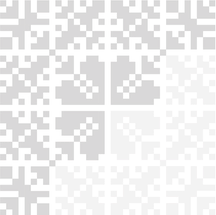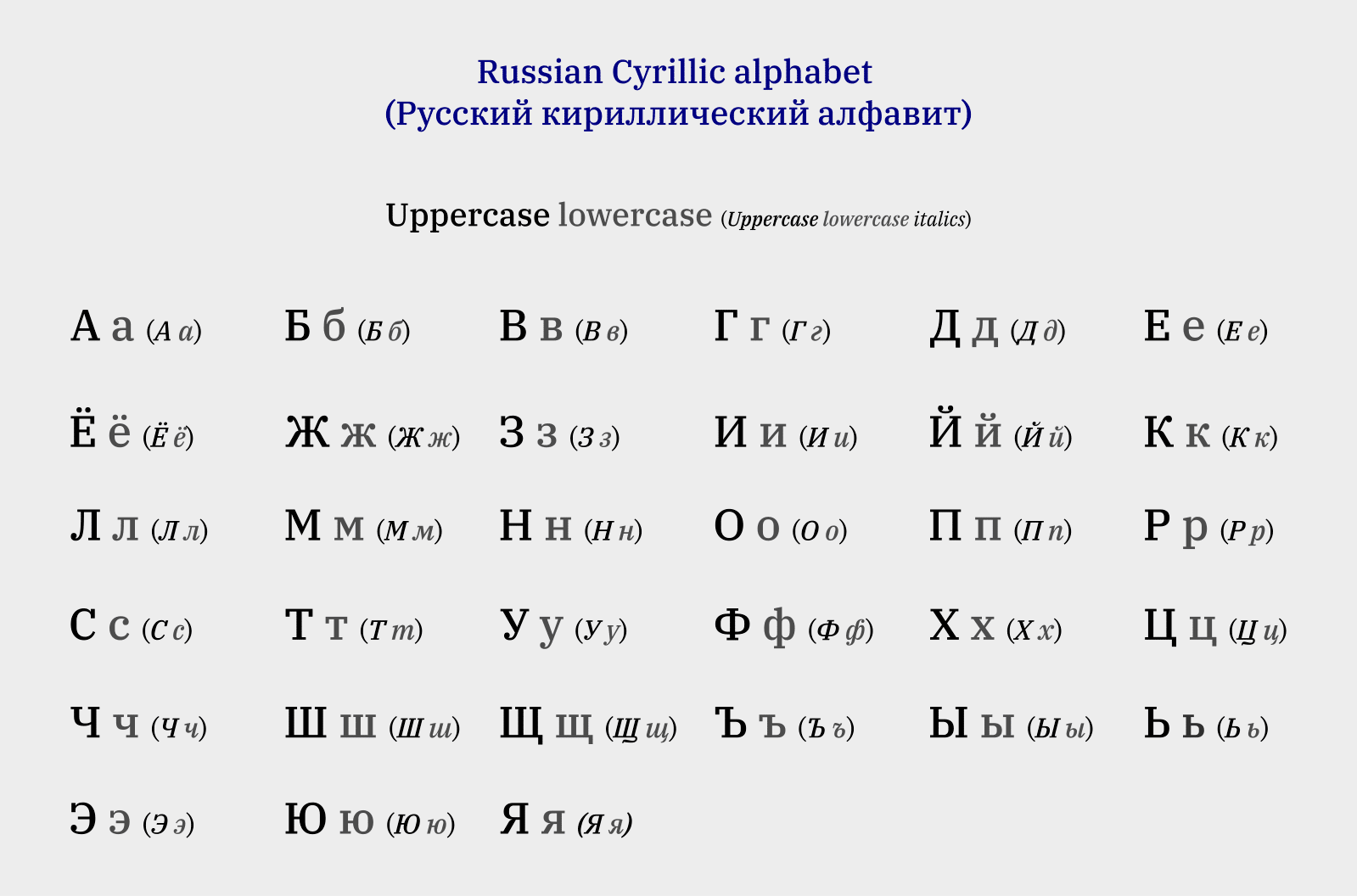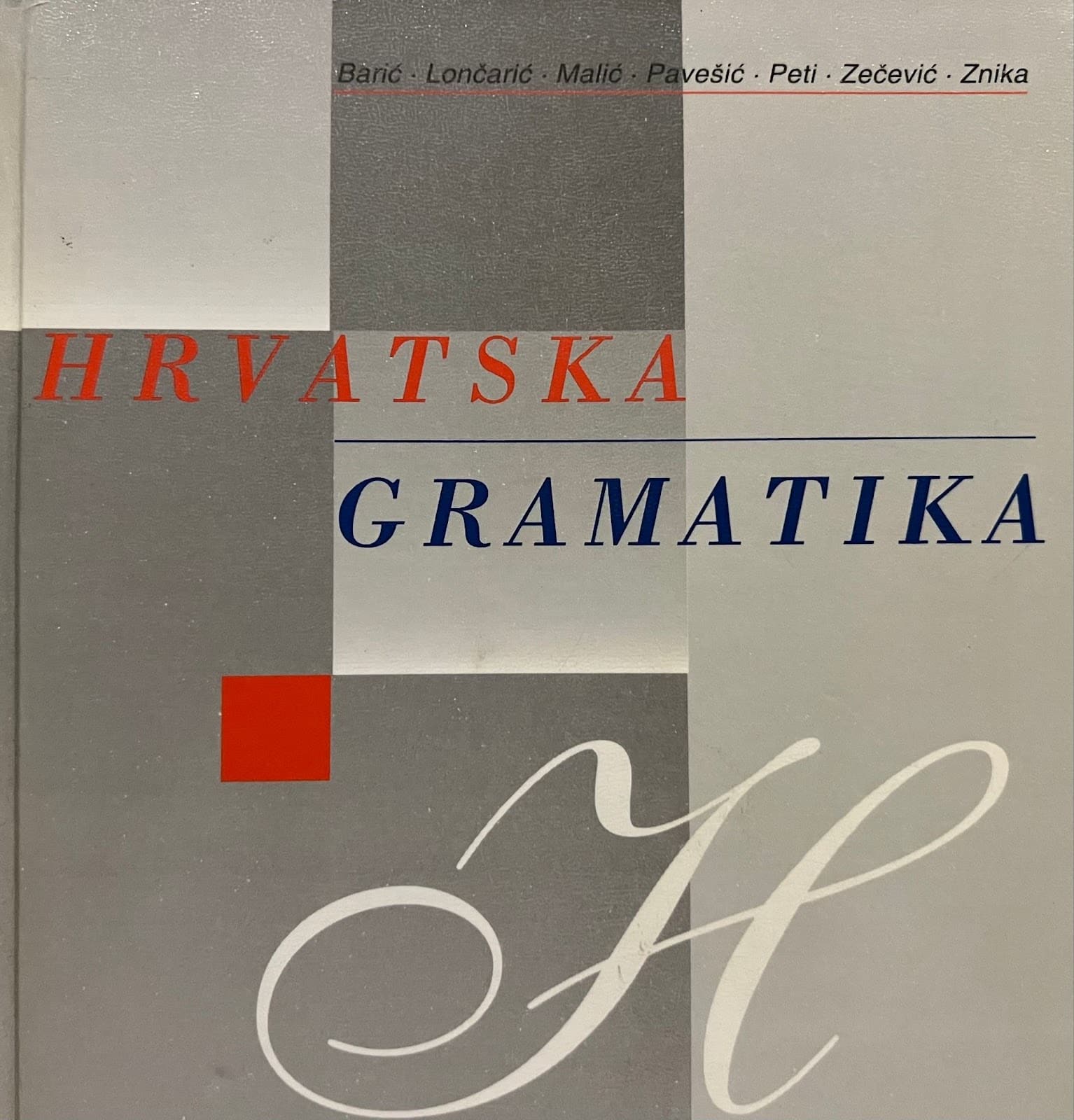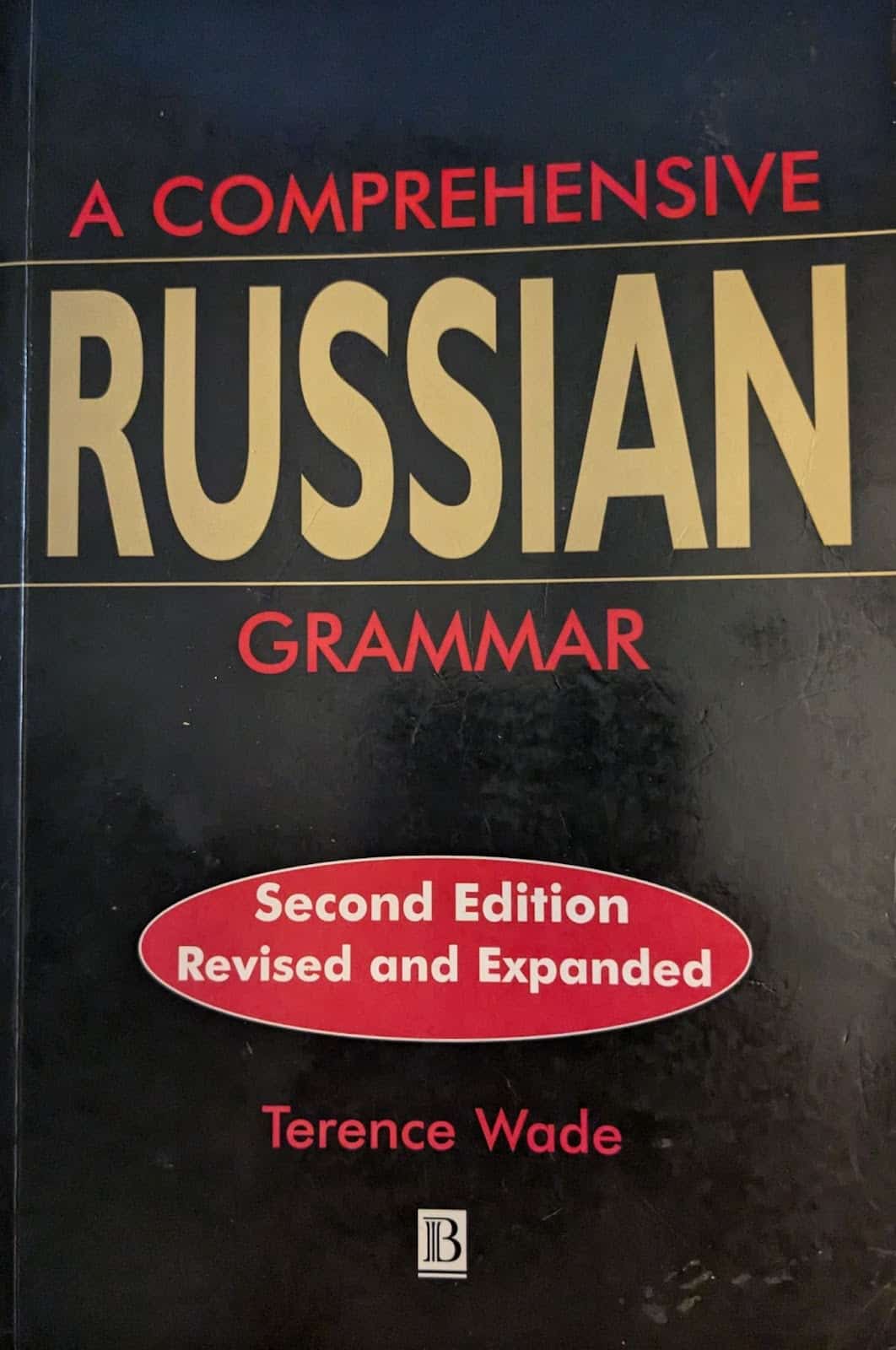C3 M2 L2 Grammar
3 | Modul 2: Gramatika
Kultura i baština
3 | 2 | Lekcija 2: Podrijetlo
| Lakši/teži – easier/harder than…
In this lesson you encountered phrases, such as:
Hrvatski je lakši nego engleski. / Engleski je teži nego hrvatski.
When we want to express the notion that something is (1) easier/lighter or (2) harder/heavier, we need to use the form of (1) lakši or (2) teži nego. The two examples above each refer to a language. Thus, lakši/teži has to stay in the masculine form (because in our statement we are comparing languages). If we were talking about the alphabet (pismo) for example, we would need to use the neuter form of lakši/teži. Here is an example:
Rusko pismo je teže nego hrvatsko pismo. / Hrvatsko pismo je lakše nego rusko pismo.
If we were talking about the grammar (gramatika) for example, we would need to use the feminine form of lakši/teži. Here is an example:
Ruska gramatika je teža nego hrvatska. / Hrvatska gramatika je lakša nego ruska.
As indicated above, lakši/teži does not refer only to something being easier or harder. It can also mean that something/someone is lighter or heavier. Here are the two examples:
Ja sam teži nego on. (I am heavier than he is.) / On je lakši nego ja. (He is lighter than I am.)
You see that in all the examples above whatever follows “nego” will be in the Nominative case.
3.2 Zadatak 4. Lakši ili teži?
Choose an appropriate image that logically completes the sentence.
3.2 Zadatak 5. Što je lakše/teže?
Complete the sentences by using the appropriate form of lakše/teže.










